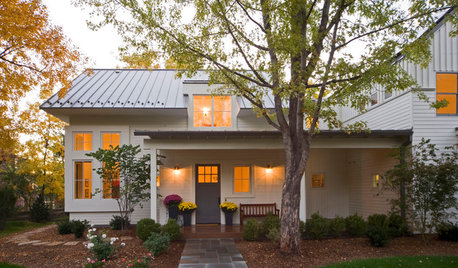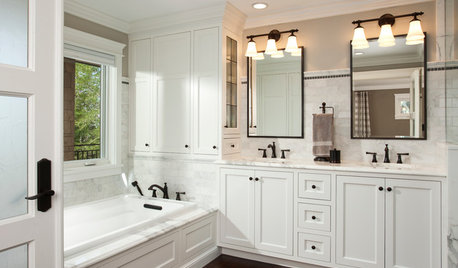Help... discovered attic mold on our dream home during inspection
dominogold
11 years ago
Featured Answer
Comments (17)
live_wire_oak
11 years agoRelated Professionals
Martinsville Architects & Building Designers · Panama City Beach Architects & Building Designers · Pedley Architects & Building Designers · Wauconda Architects & Building Designers · Groveton General Contractors · Hutchinson General Contractors · Jackson General Contractors · Miami Gardens General Contractors · Mobile General Contractors · Park Forest General Contractors · Rowland Heights General Contractors · Waimalu General Contractors · Avocado Heights General Contractors · Post Falls Home Stagers · Ridgefield Interior Designers & Decoratorsrrah
11 years agoncrealestateguy
11 years agojonw9
11 years agocas66ragtop
11 years agodominogold
11 years agokirkhall
11 years agoncrealestateguy
11 years agosas95
11 years agostir_fryi SE Mich
11 years agobrickeyee
11 years agoPipersville_Carol
11 years agoUser
11 years agoC Marlin
11 years agoDebbie Downer
11 years agoAcadiafun
10 years ago
Related Stories

MOVINGHome-Buying Checklist: 20 Things to Consider Beyond the Inspection
Quality of life is just as important as construction quality. Learn what to look for at open houses to ensure comfort in your new home
Full Story
SELLING YOUR HOUSE10 Low-Cost Tweaks to Help Your Home Sell
Put these inexpensive but invaluable fixes on your to-do list before you put your home on the market
Full Story
SELLING YOUR HOUSEHelp for Selling Your Home Faster — and Maybe for More
Prep your home properly before you put it on the market. Learn what tasks are worth the money and the best pros for the jobs
Full Story
DECORATING GUIDESDiscover the Unstoppable Advantages of Cork for the Home
Look beyond wine stoppers to see cork's ecofriendliness, durability, fire resistance and antimicrobial nature for all kinds of home products
Full Story
HOUZZ TVHouzz TV: This Dream Midcentury Home in a Forest Even Has Its Own Train
Original wood ceilings, a cool layout and, yes, a quarter-scale train persuaded these homeowners to take a chance on a run-down property
Full Story
REMODELING GUIDESKey Measurements to Help You Design the Perfect Home Office
Fit all your work surfaces, equipment and storage with comfortable clearances by keeping these dimensions in mind
Full Story
SELLING YOUR HOUSE5 Savvy Fixes to Help Your Home Sell
Get the maximum return on your spruce-up dollars by putting your money in the areas buyers care most about
Full Story
ROOFSWhat to Know Before Selecting Your Home’s Roofing Material
Understanding the various roofing options can help you make an informed choice
Full Story
TRADITIONAL HOMESCincinnati Couple Honor Their 1897 Home’s History
Homeowners preserve treasured original features while adding their own fun touches
Full Story
MOST POPULARHow to Get Rid of Household Mold
Find out how to work with a pro to stop mold from damaging your house and health — and how to prevent it from forming
Full StoryMore Discussions







brickeyee